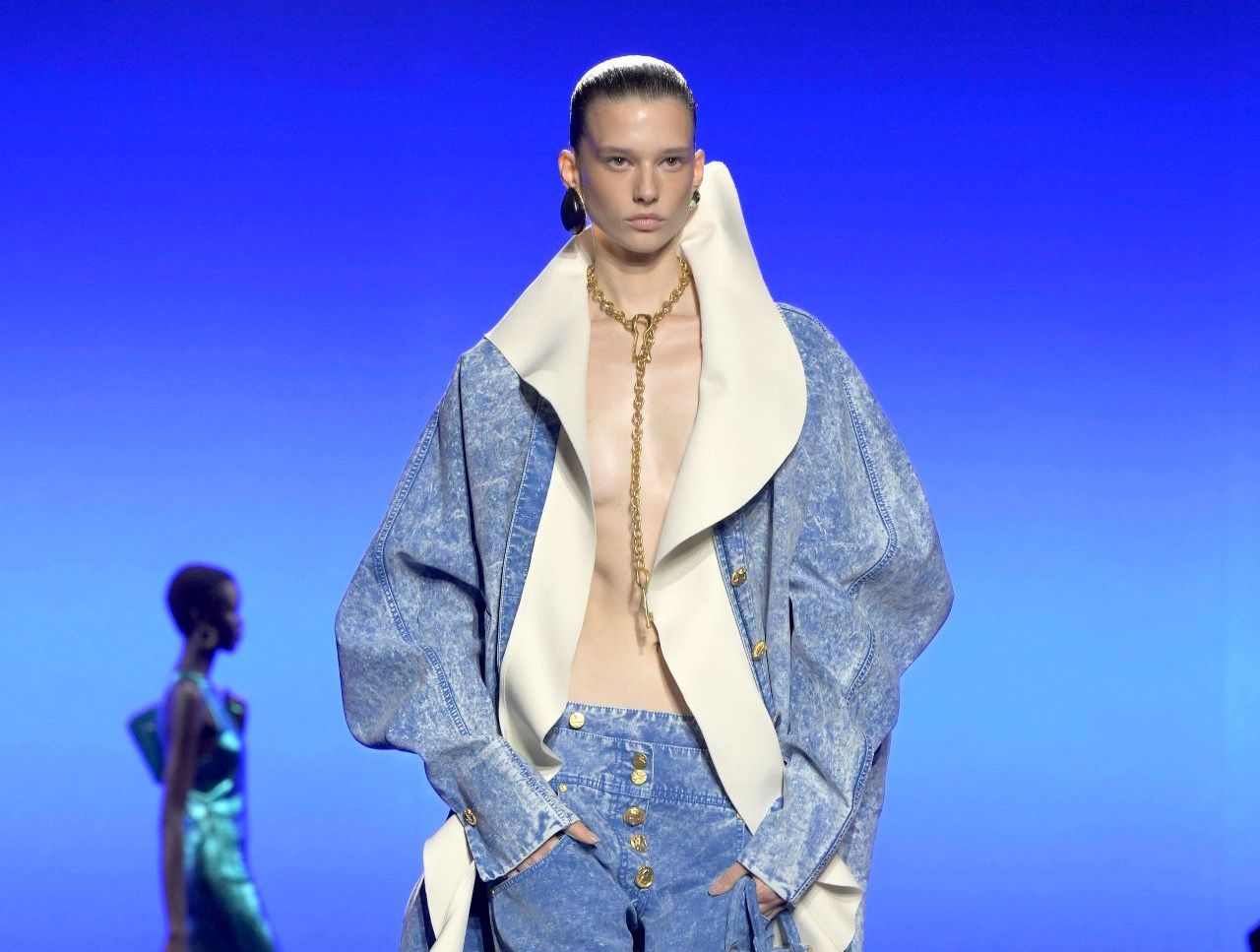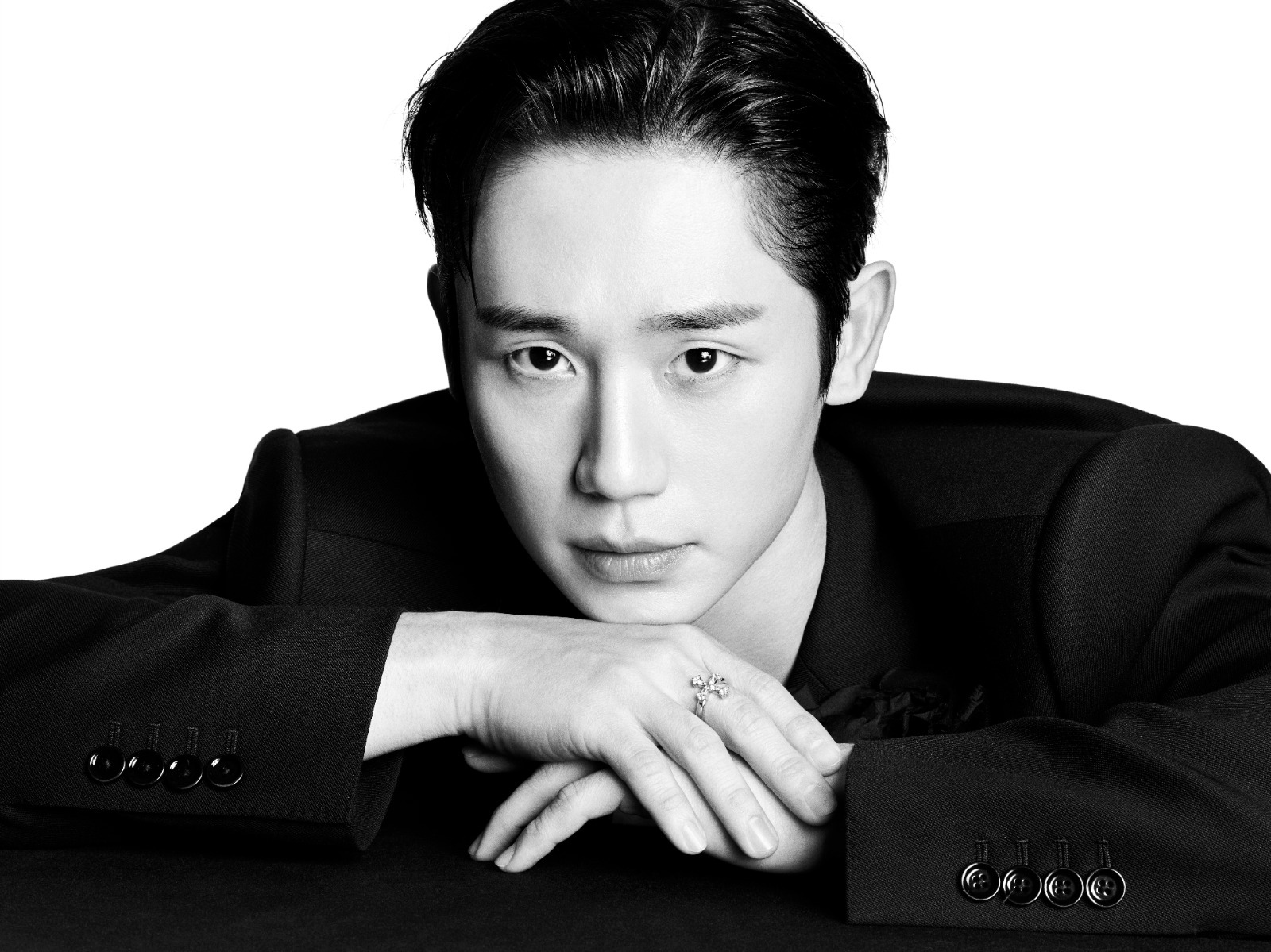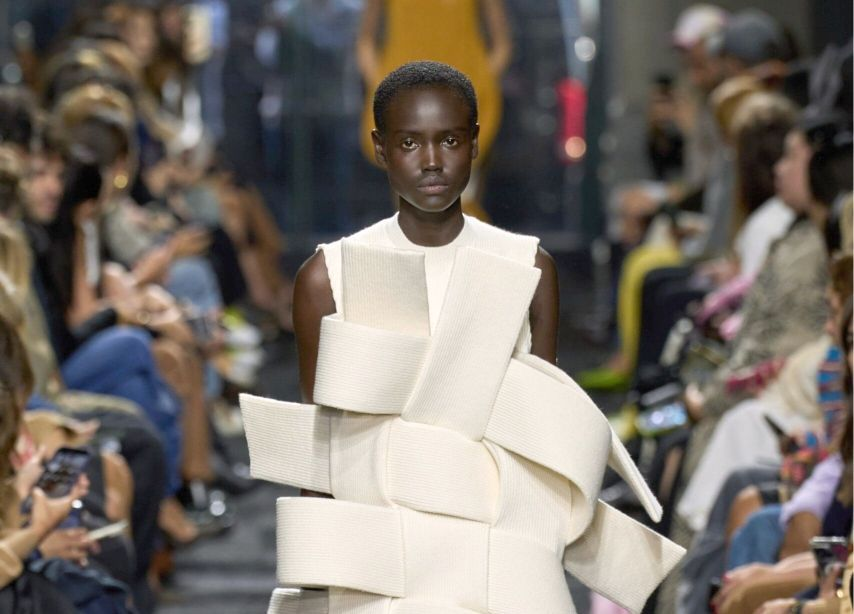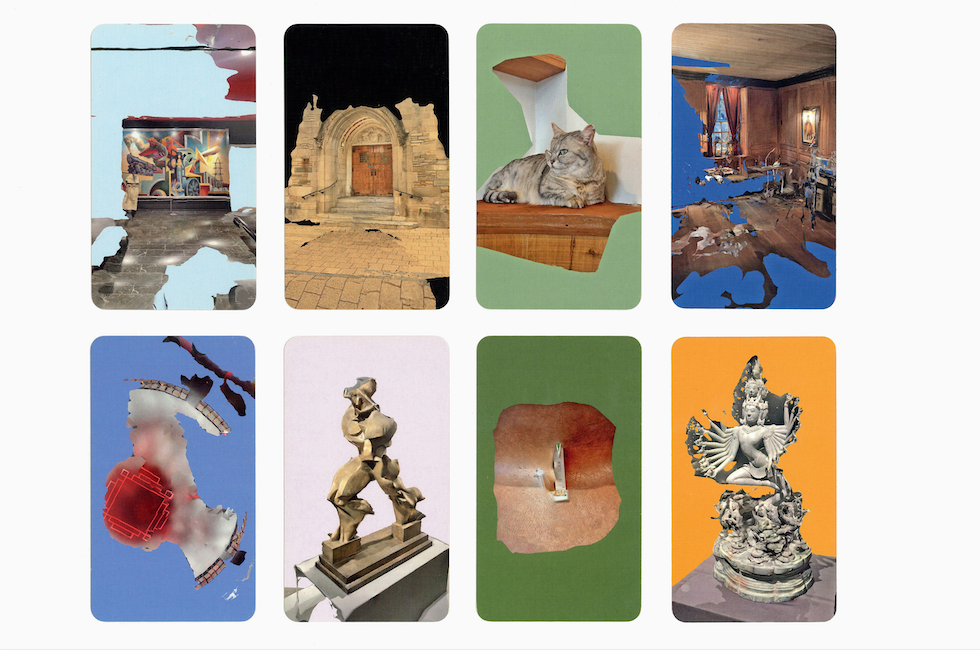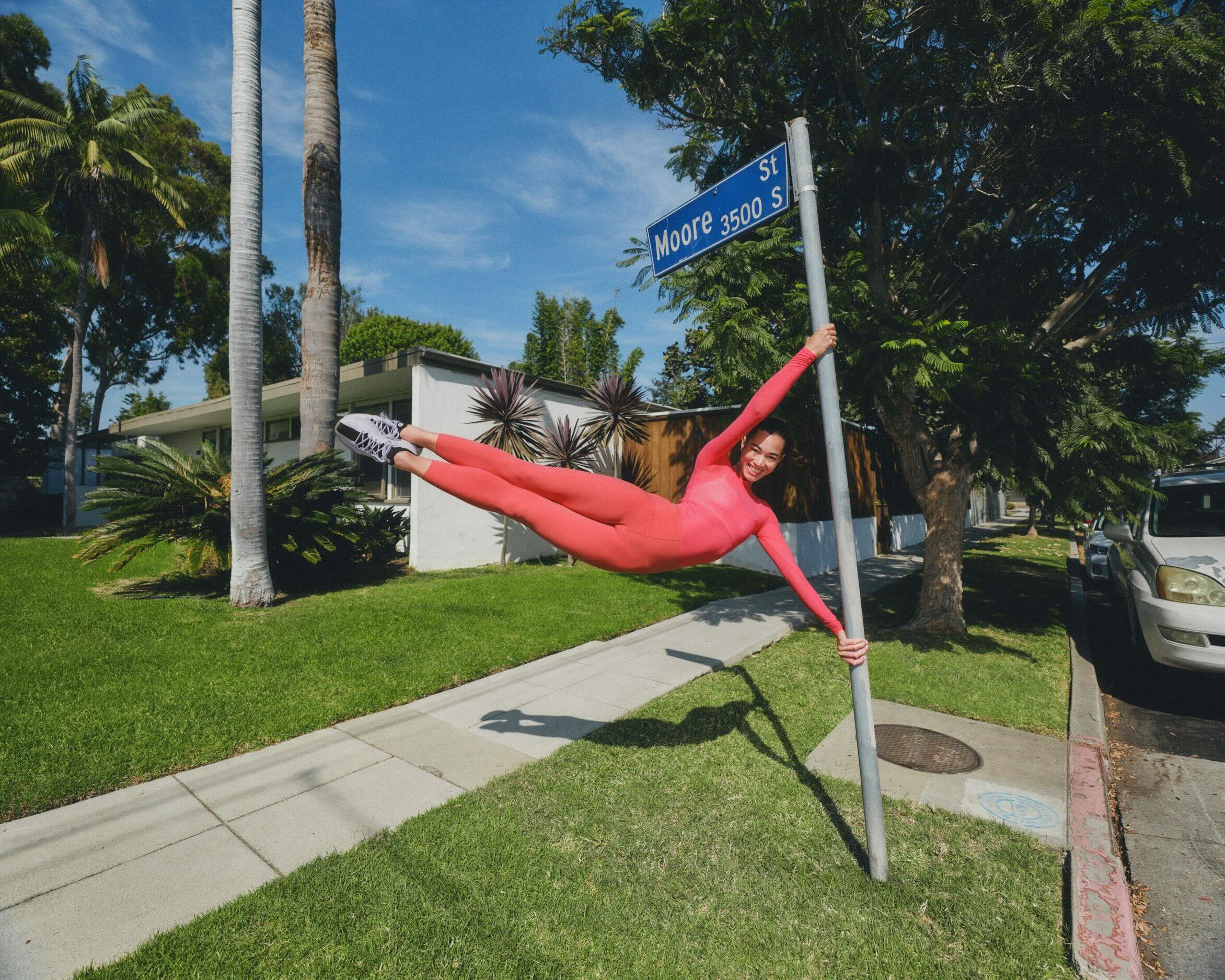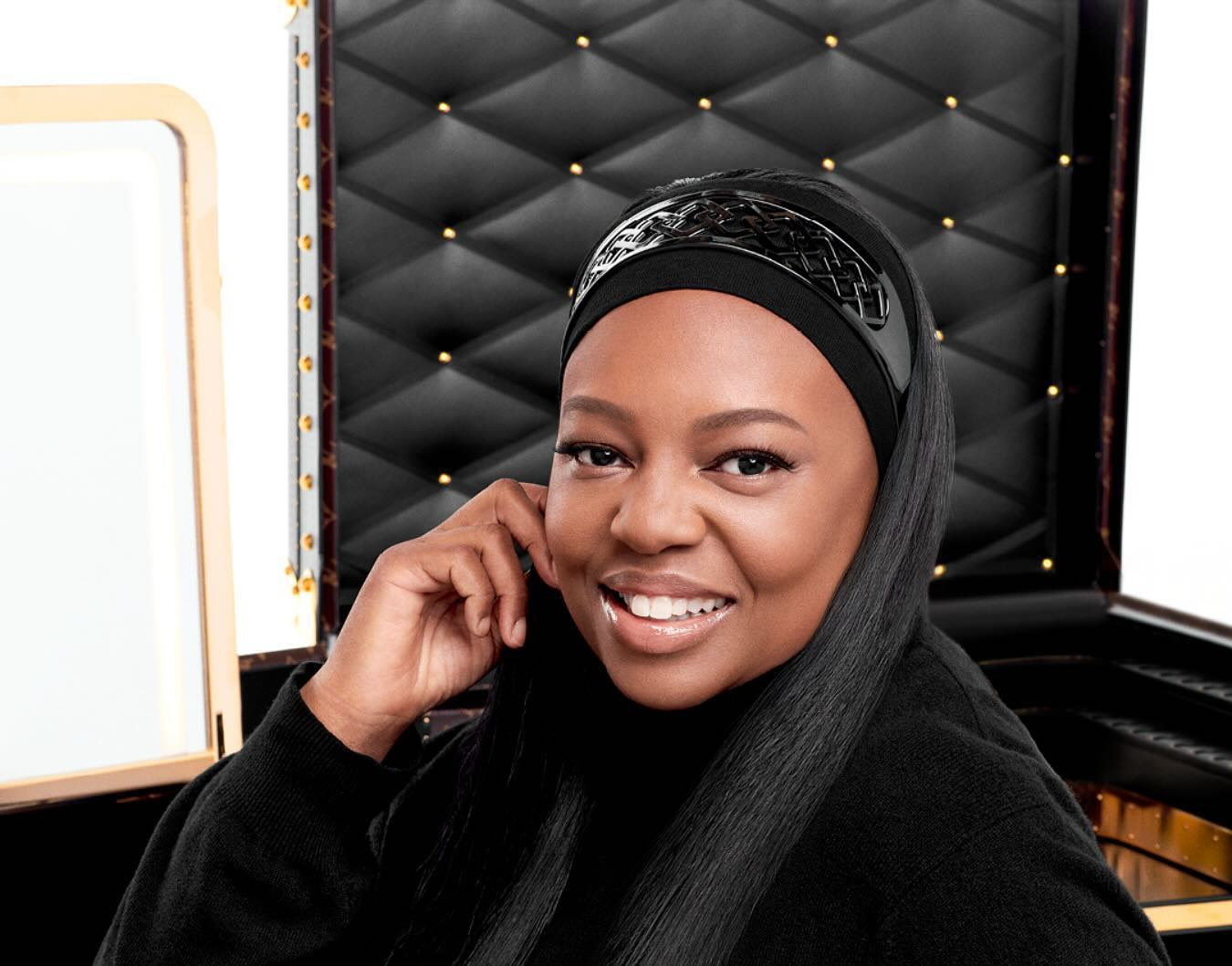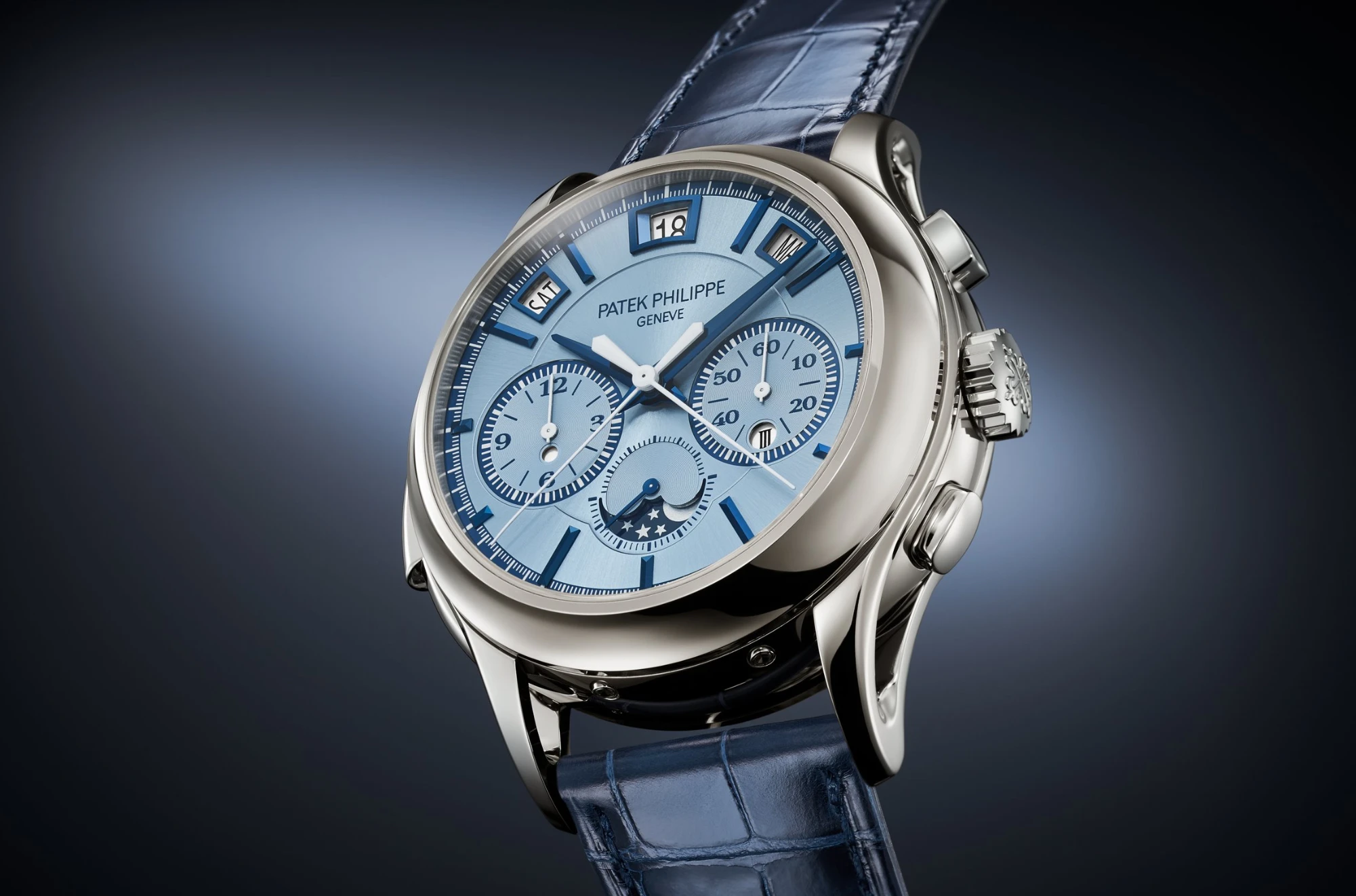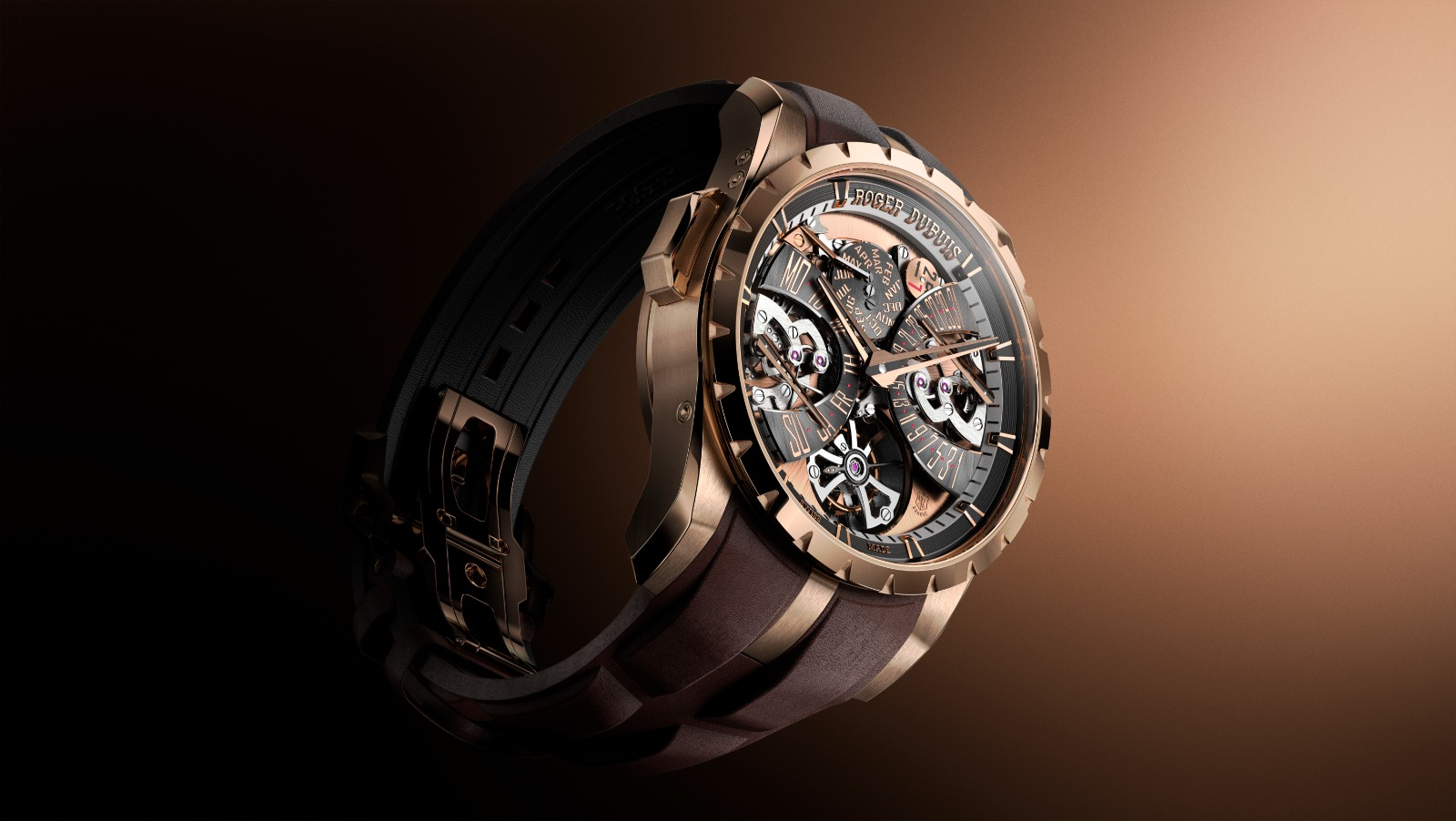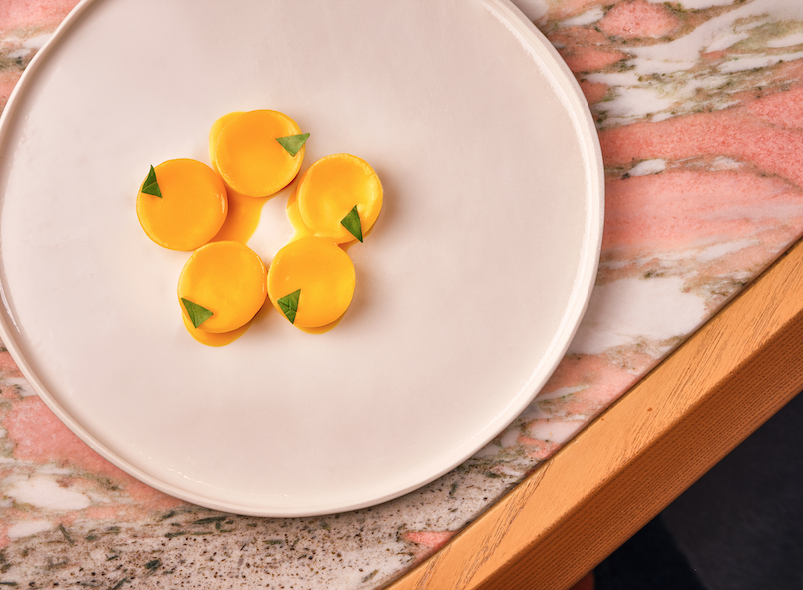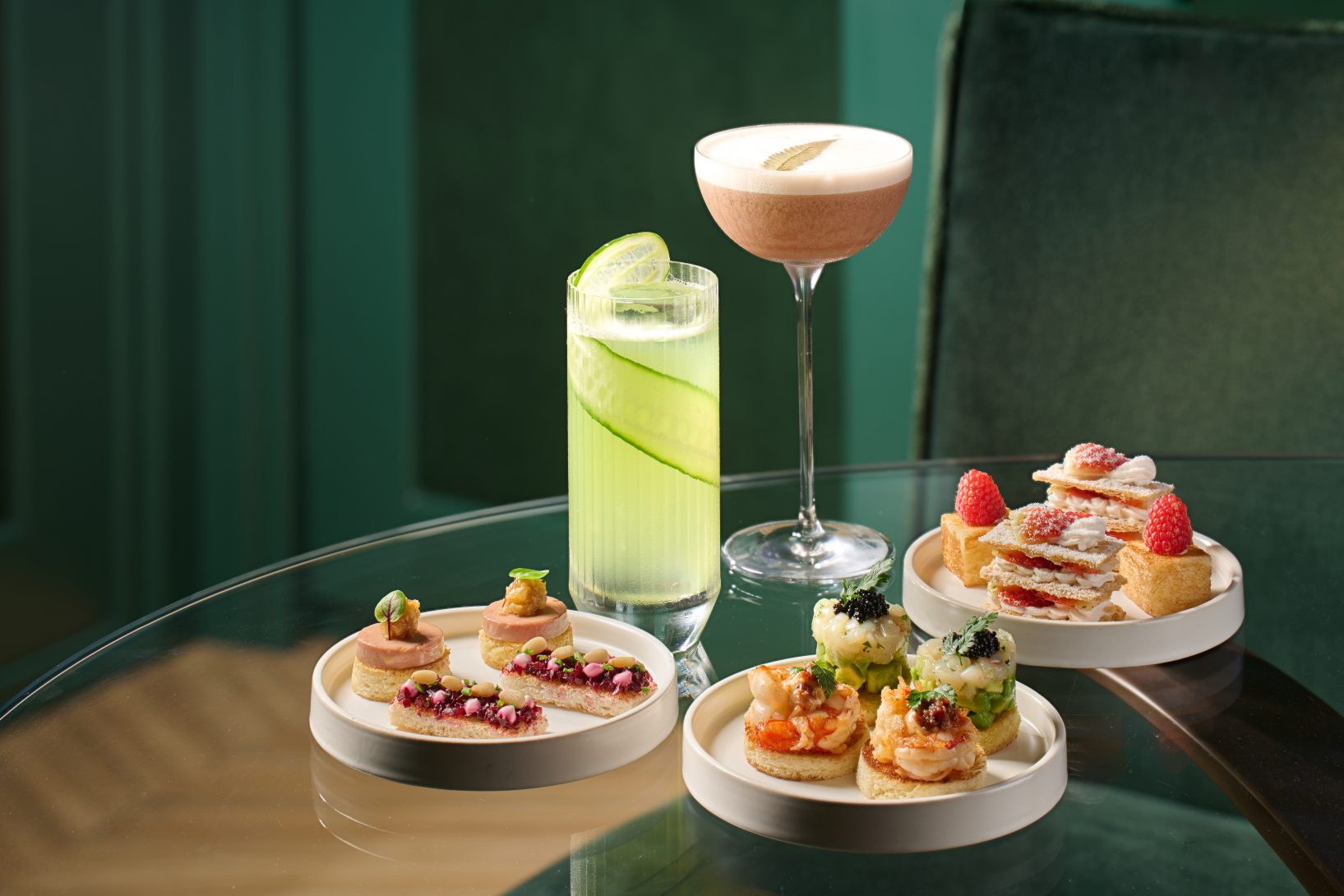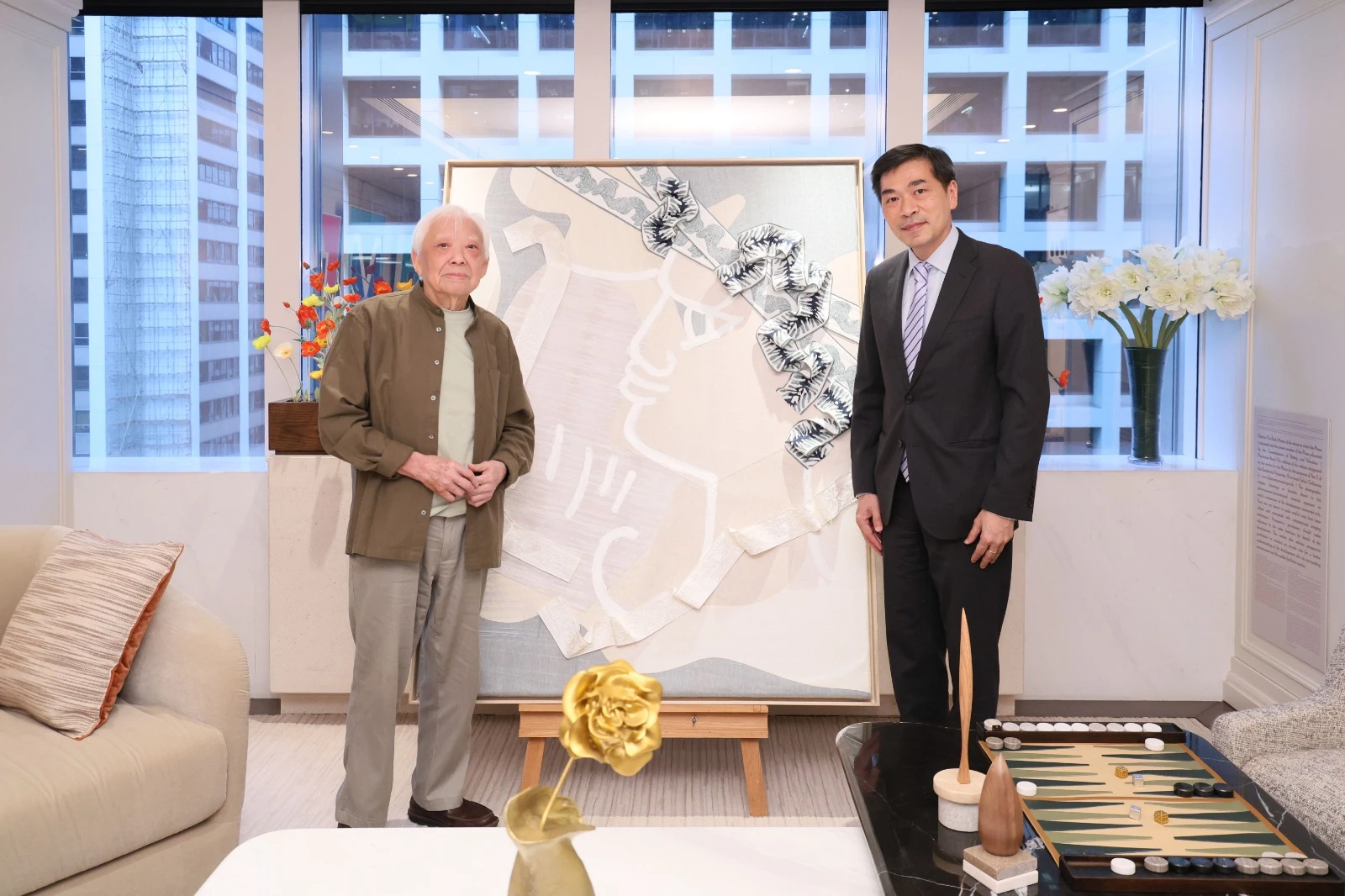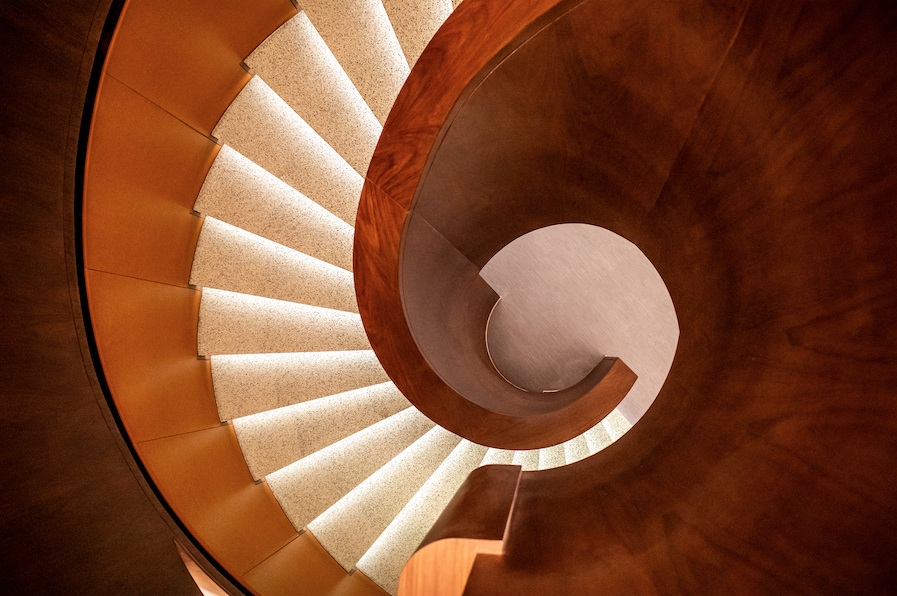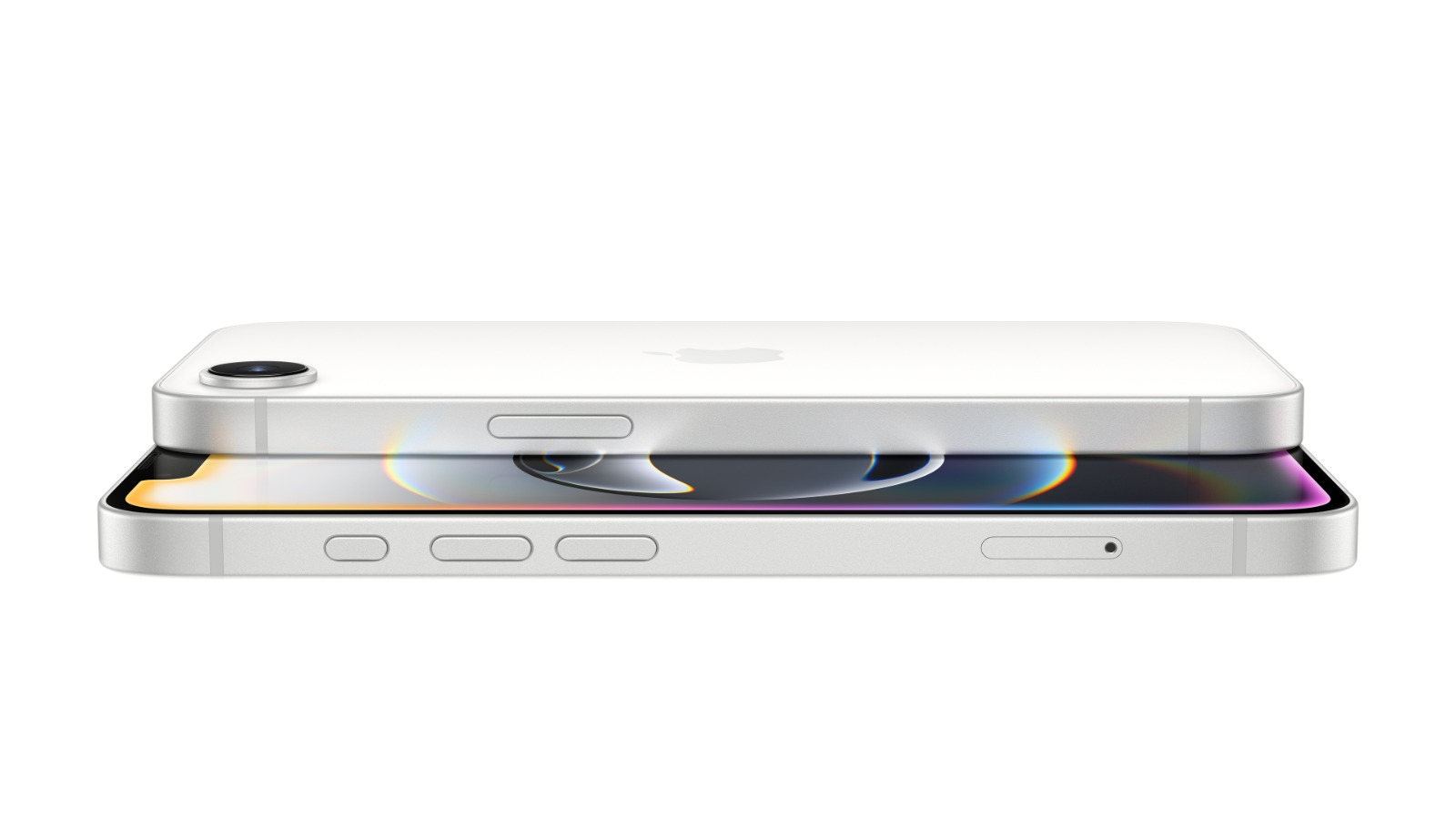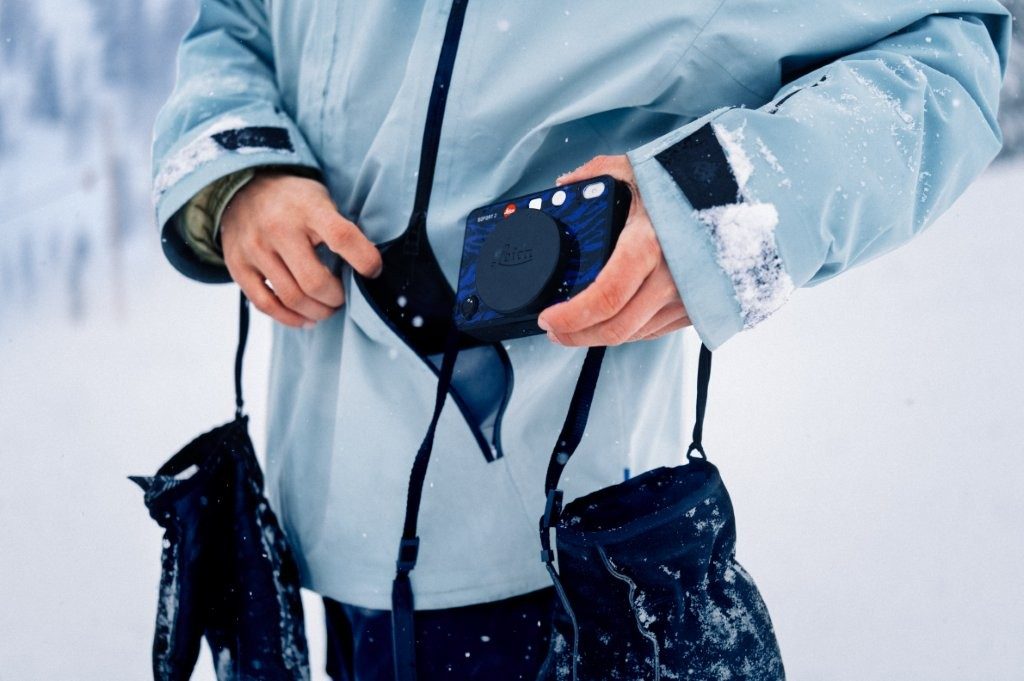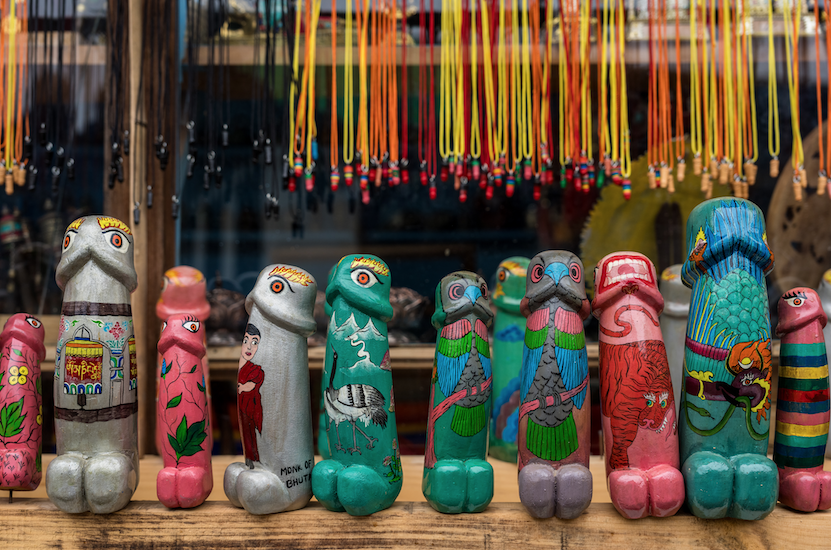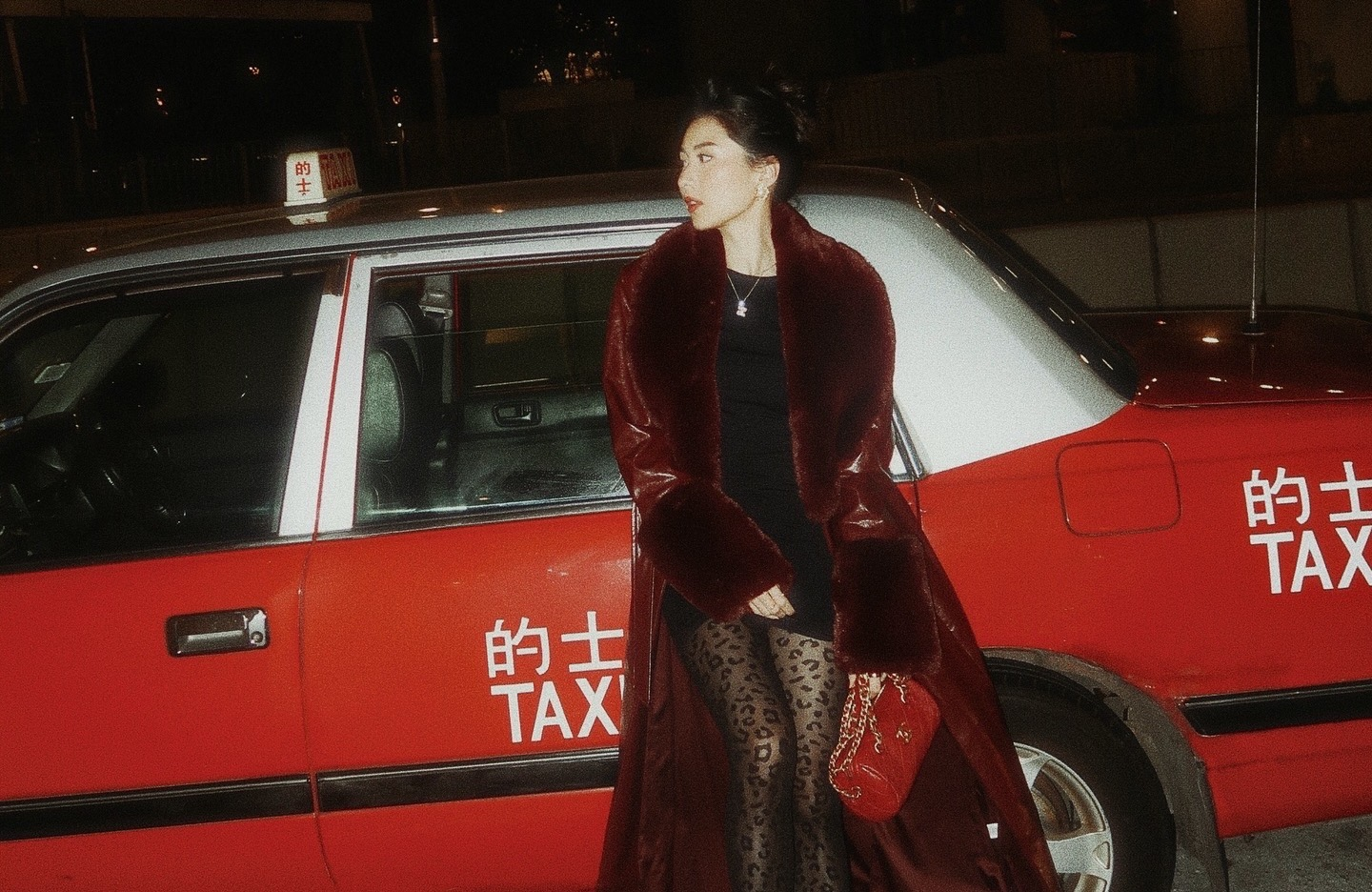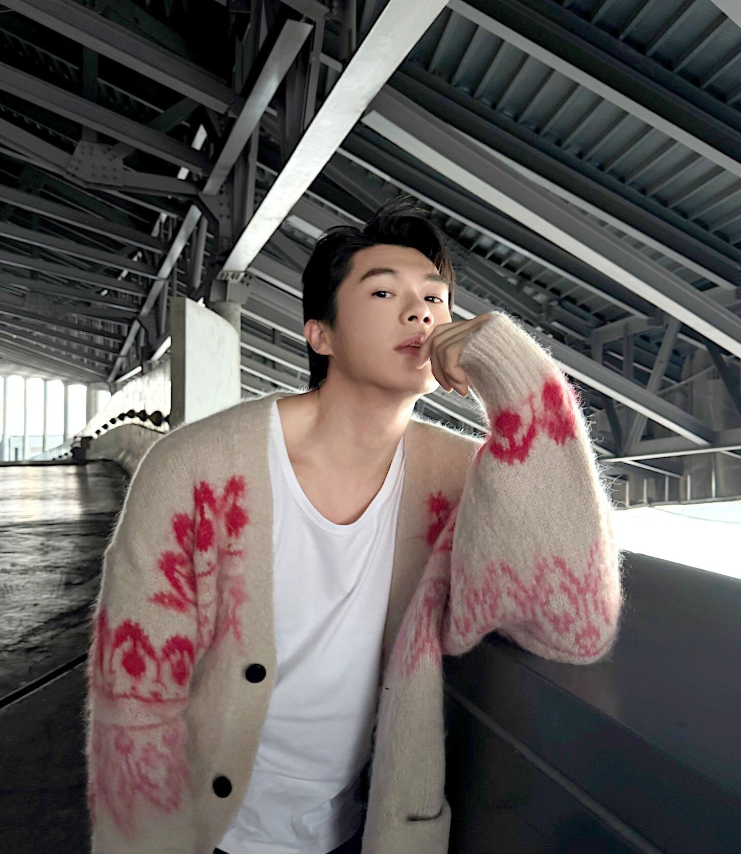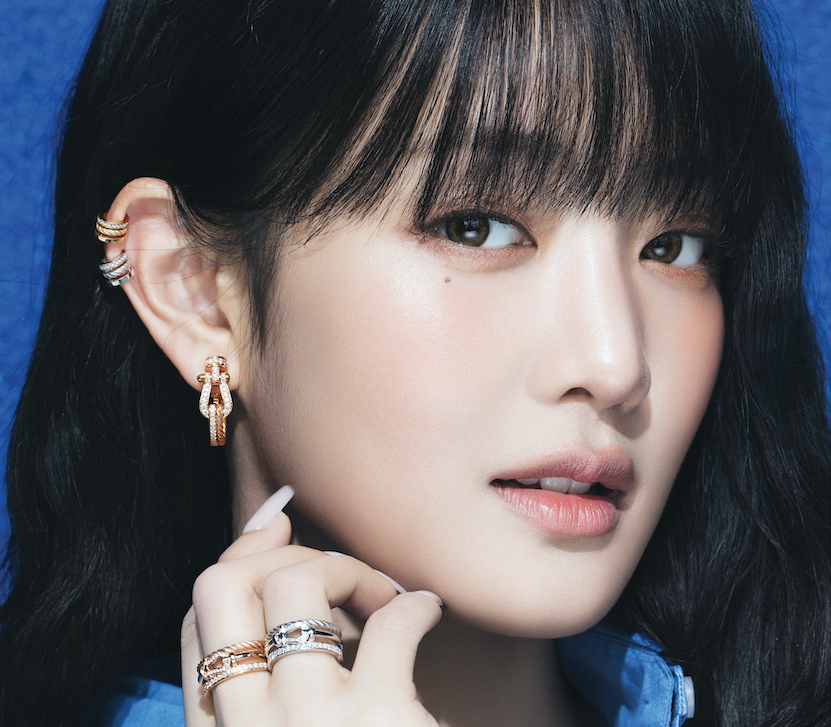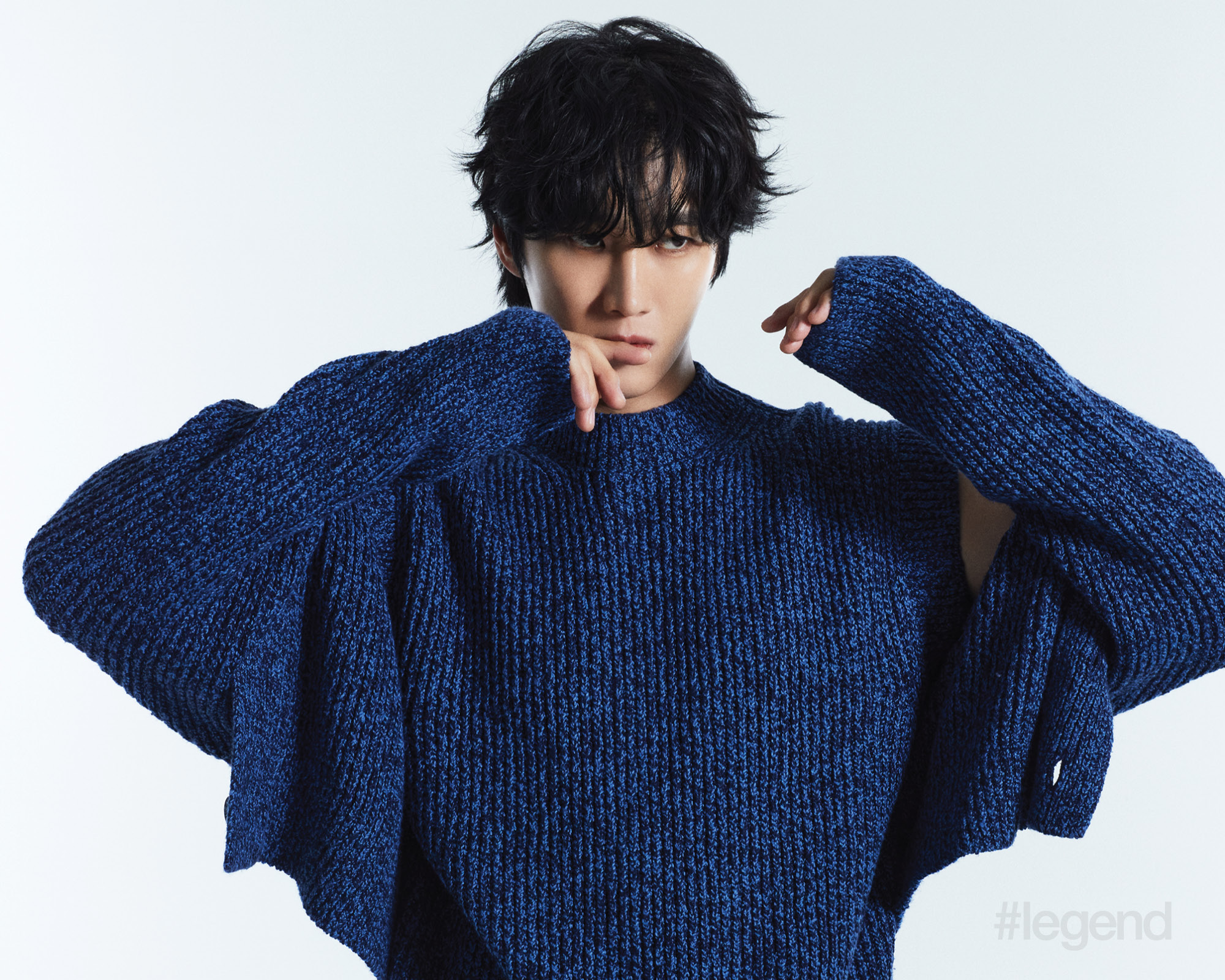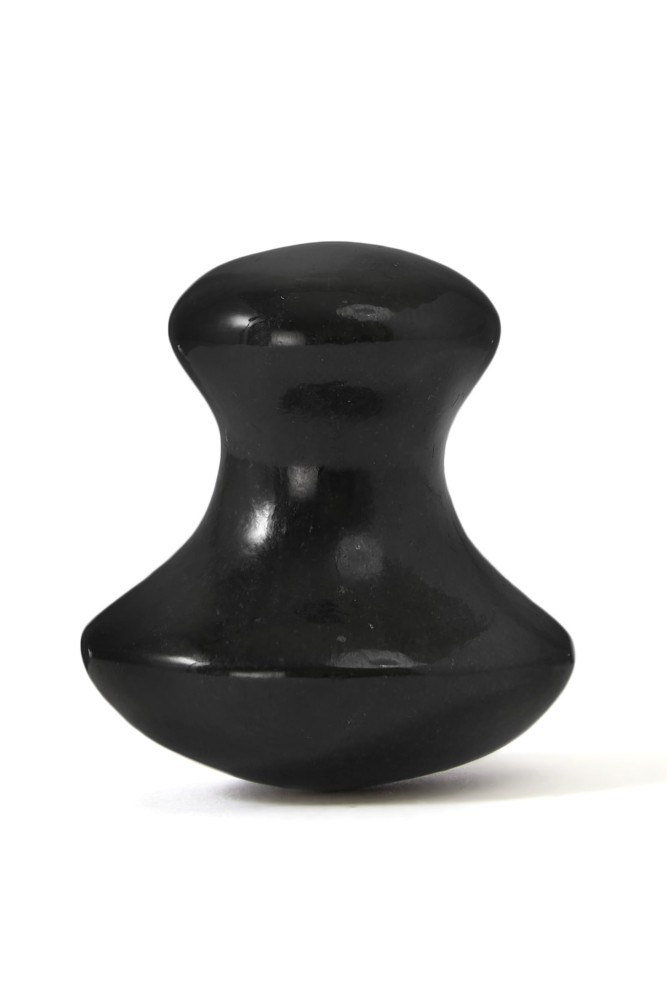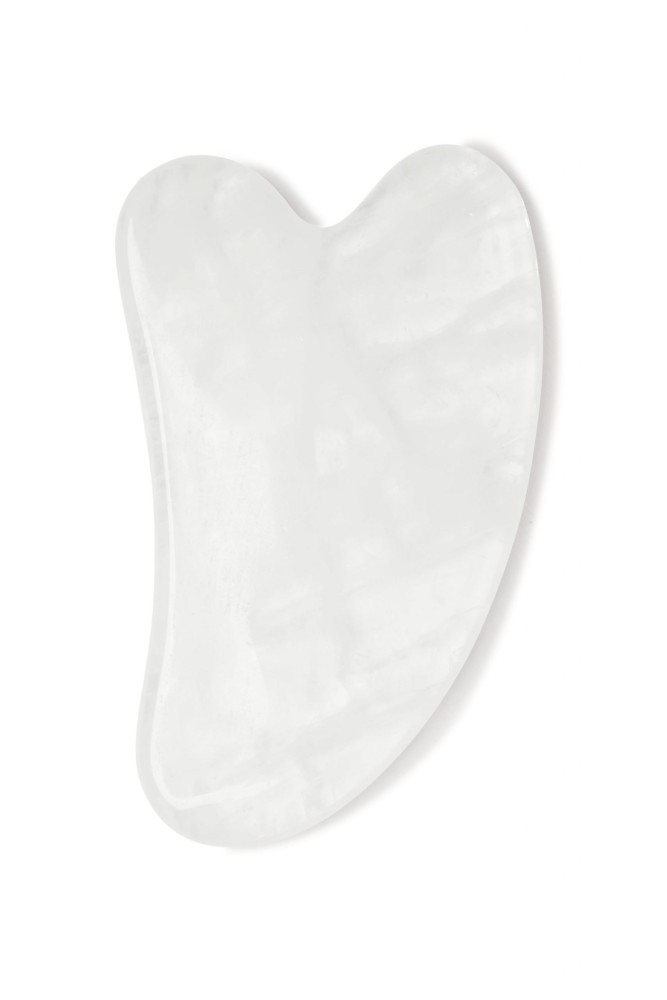East meets West: Modern beauty meets ancient wisdom
Apr 01, 2021

When it comes to beauty and self-care, particularly in the midst of a global pandemic, there’s a certain comfort to be found in the traditions of the past. Tama Lung looks at how modern beauty is embracing ancient wisdom like never before.
Katie Brindle was struggling with constant pain brought on by a car accident that ended her career as an opera singer. Victoria Tsai was suffering from acute dermatitis exacerbated by a demanding job with one of the world’s biggest beauty brands. Kate Chen had tried everything to cure her adult acne, not to mention experiencing such severe burnout that she had to be hospitalised while on a business trip to London.
Brindle, Tsai and Chen each grappled with issues that conventional medicine seemed unable to solve. They consulted doctors, took painkillers, downed antibiotics, and applied all kinds of steroids and ointments. In the end, it wasn’t modern science that provided the cure but ancient tools, techniques and ingredients that have been handed down over generations. And, rather than keeping the secret to themselves, each woman used their newfound knowledge to create a cutting-edge beauty brand.
“We’re seeing a change across the beauty industry. All-natural remedies, ancient Eastern medicine and rituals, and DIY at-home treatments have become the focus for many,” says Newby Hands, global beauty director for Net-A-Porter. “This trend was definitely driven by social media, the move towards clean beauty and the idea of being proactive with our beauty regimes.”
Whether it’s established Western brands touting gua sha and obscure botanicals or new brands being created around traditions such as Ayurveda and acupuncture, modern beauty is indeed embracing ancient wisdom like never before.
“I think our world in recent years has really gone out of whack,” says Ada Ooi, a trained acupuncturist and founder of London-based 001 Skincare. “Technology brings convenience but also creates an over-congested information flow to the mind. In our already fast-paced world, climate change and unstable political situations create a sense of uncertainty that has been further heightened by the pandemic. During these times, we seek reassurance and comfort from the past – nostalgia creates a desire for the time-tested powers of traditional, natural ingredients and addresses the pressing need for total well-being.”
Chen, who founded skincare brand Akar after a life-changing trip to Tibet, agrees that nostalgia can provide a sense of security in an often uncertain world. “I think there will always be people looking for traditional techniques and natural ingredients simply because they have been tried and tested for generations,” she says. “Lab-made synthetics do not pose any harm in small doses. But there’s no research showing the effects of long-term, cumulative use of synthetics on the skin.”
For some, including Brindle, the focus is not so much on individual ingredients or techniques but the holistic nature of traditional medicine. “I was amazed by how, with the right kind of help and correct information, my body was able to heal itself,” says the Chinese medicine practitioner and creator of the Hayo’u Method. “This was the turning point for me. I decided to leave my job and start a degree in Five Element acupuncture.”
After opening her own practice and seeing the results her patients experienced after learning a few simple self-care techniques, Brindle launched Hayo’u to bring Chinese medicine to the masses. “Because Chinese medicine can be very complex and a bit daunting, my idea was to start with something simple but enormously effective – and that was the jade gua sha tool,” she says. “The plan is that once people experience how transformative these techniques can be, they’ll be enthusiastic about learning more.”
Hayo’u, which is available in Hong Kong via Net-A-Porter, now sells everything from jade, rose quartz and clear quartz gua sha to facial oils, jade body combs and a bamboo body tapper in the name of unlocking its customers’ health and beauty.
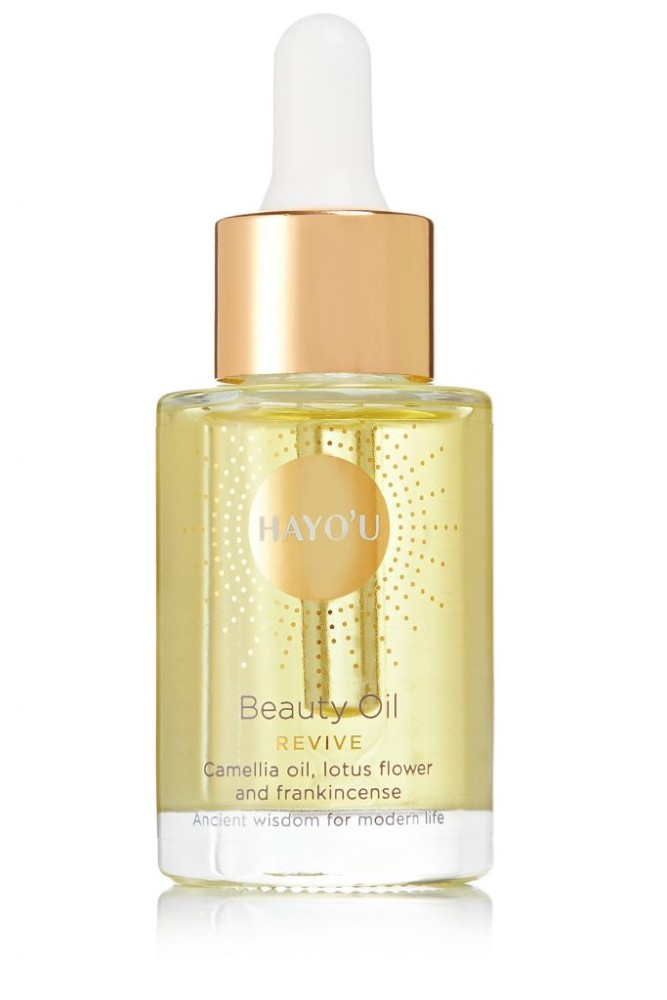
001 Skincare’s Ooi was also well versed in the benefits of Chinese medicine before launching her brand, thanks in large part to her grandfather, a pharmacist in Hong Kong who prescribed a fusion of Western medicine and traditional Chinese medicine (TCM).
“From a young age, I’ve seen many chronic diseases that can’t be completely cured by Western medicine being alleviated by TCM,” she says. “My grandfather always told me that our skin is only a reflection of our internal well-being and that eczema, acne and dry skin are all indications of misalignment in our bodily system. Hence a big part of my brand is ‘to treat from within’ – we incorporate natural and lab-derived ingredients that are skin-identical and create affinity with our own skin to replenish, fortify and treat.”
Ooi has incorporated a number of traditional ingredients such as ginseng, gingko and green tea into her formulas, and has created her own line of gua sha tools. Her East-meets-West approach of combining TCM with advanced cosmetology – gleaned from Ooi’s experience as an aesthetician and one of London’s most sought-after facialists – is similar to that of Victoria Tsai, who found the cure to her acute dermatitis in the pages of a centuries-old text detailing the beauty rituals and self-care techniques of Japan’s traditional entertainers.
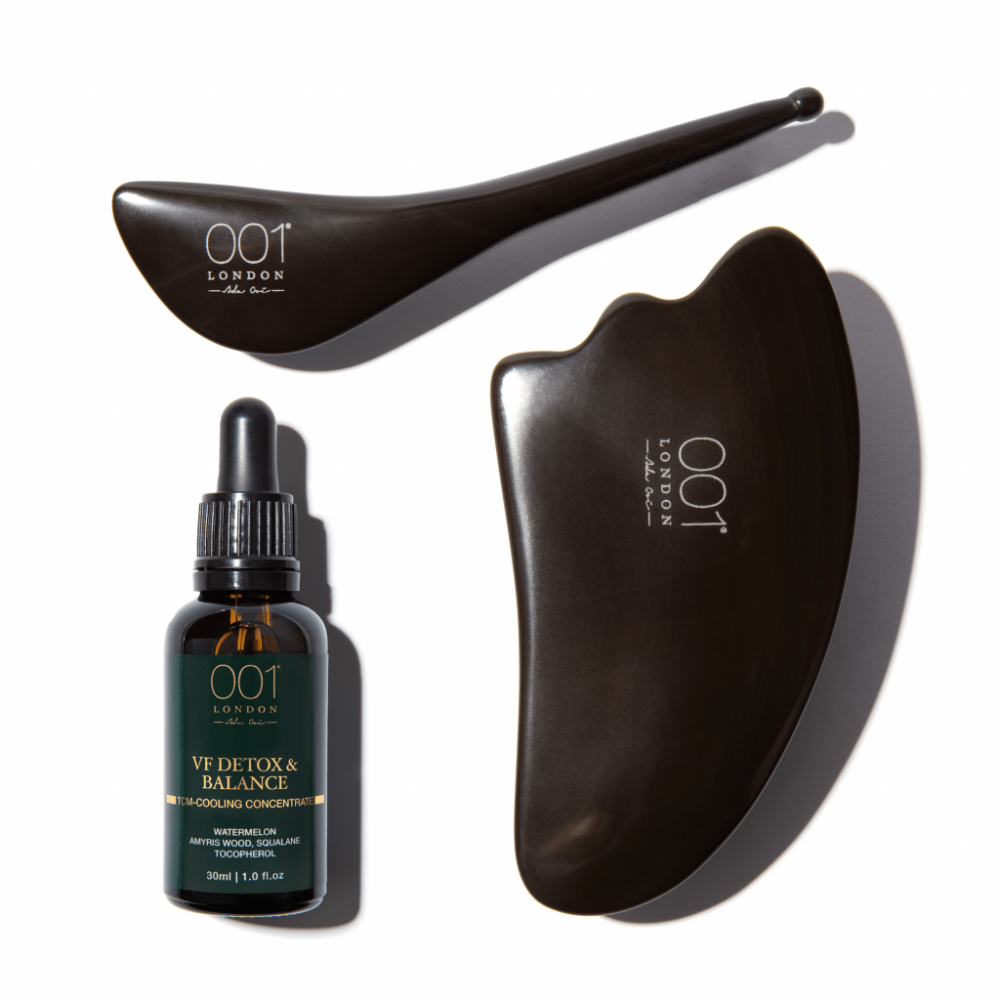
“For reasons I still have trouble explaining, I ended up in Japan,” Tsai says of her initial encounter with Kyoto’s legendary geisha. “My experiences there healed my skin and my soul.” Not long after, Tsai launched Tatcha with a single product – blotting papers made of natural abaca leaf and gold flakes. More than a decade later, the brand continues to celebrate and explore classical Japanese beauty culture in harmony with modern innovation. Each item in its collection stems from a proprietary ingredient complex called Hadasei-3, composed of rice from Akita prefecture, green tea from Uji and Mozuku algae from the shores of Okinawa.
Every Akar product, meanwhile, is based on goji and sea buckthorn berries wild-harvested on the Tibetan Plateau. “My decision to go on a trip to Tibet came about after a health scare I experienced on my previous job. After being hospitalised on a work trip in London, it dawned on me that my body needed a break. I immediately thought of escaping to Tibet, as it looked to me like the furthest and most different place possible from Hong Kong,” Chen says.
“I’ve struggled for the longest time with adult acne, having tried antibiotics, eating healthy and all sorts of treatments. The one thing that made a lasting improvement to my skin was the sea buckthorn oil I brought back from Tibet. I was so inspired after seeing my own transformation that I decided to get into clean beauty, with sea buckthorn and goji berry at the heart of my formulations.”
Chen left Tibet not only with an appreciation for these treasured ingredients but also with a strong commitment to social and environmental responsibility. As with the other beauty pioneers featured here, she envisions a future where high-tech luxury and green beauty are no longer mutually exclusive.
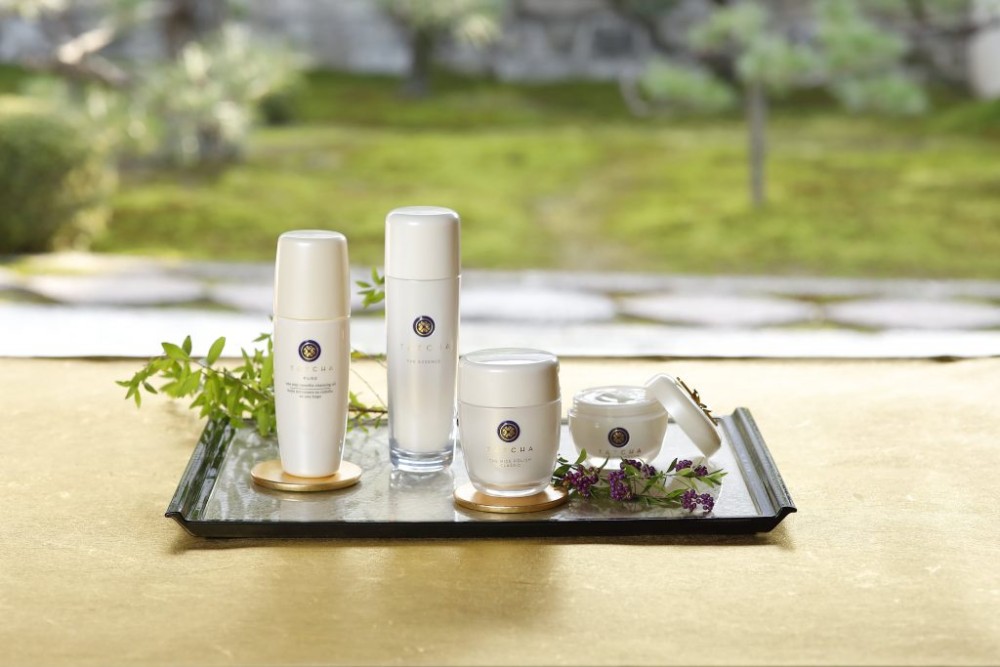
“Exploring traditional ingredients and clean beauty technology are not in opposition,” Chen says. “Clean beauty tech has evolved immensely over the past decade, such that nowadays consumers can enjoy pure, potent ingredients processed by the latest technology. You can have the best of both worlds, and that is exactly what Akar is about.”
More than a year into the coronavirus pandemic, Ooi predicts even more people will find comfort and results in ancient wisdom. “I think the pandemic has taught us to look after ourselves in a completely different way as we’ve experienced how stress and negative emotions can affect our well-being,” she says. “COVID-19 has created a breathing space for reflection and the confinement has somehow affected not only our skin but also our lifestyle, leading to changes in our bodies and also our mental state.
“Traditions like TCM approach beauty as total wellness by mindfully balancing the inside and outside, and I’m sure we’ll see even more people exploring and embracing such approaches. Having said that, advanced technology is equally important and with prolonged lockdown, consumers have had all the time they need to research, learn, test products and evaluate results. They’re very results-savvy, meaning that transparency is not enough – showing efficacy with proven trial results will also be an important factor for product consideration.”


